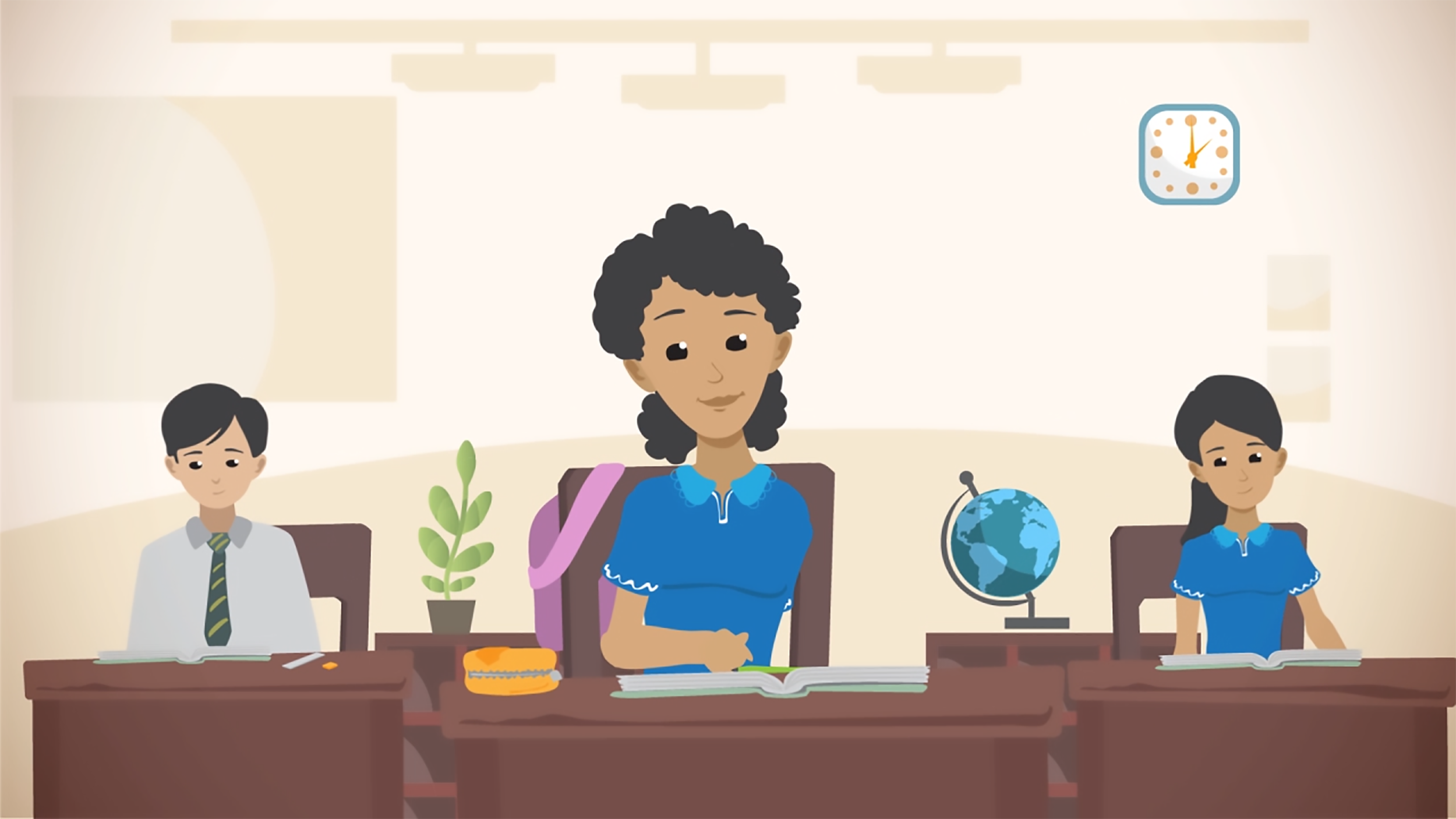In today’s rapidly changing world, academic knowledge alone is no longer enough to ensure success in life. Alongside literacy and numeracy, the development of life skills has become crucial in shaping well-rounded individuals who can navigate the complexities of modern society. The importance of life skills in education cannot be overstated. These skills equip students with the ability to manage real-life challenges, build strong relationships, and contribute meaningfully to their communities.
Must Read: How to Develop Soft Skills for Students
Importance of Life Skills in Education
Life skills play a vital role in personal development, helping students cultivate emotional intelligence, social awareness, and a strong sense of responsibility. Here are key reasons why life skills are essential in education:
- Developing Emotional Intelligence: Emotional intelligence, which includes self-awareness, empathy, and emotional regulation, allows students to understand and manage their own emotions as well as interact positively with others. In educational settings, students who develop emotional intelligence are better equipped to handle stress, communicate effectively, and navigate peer relationships.
- Building Social Competence: Social competence refers to a student’s ability to interact harmoniously with others, build strong relationships, and work in teams. Life skills like communication, cooperation, and conflict resolution teach students how to engage in constructive conversations, making them more effective collaborators both inside and outside the classroom.
- Boosting Academic Performance: Studies have shown that students who learn essential life skills, such as time management and decision-making, tend to perform better academically. These skills help students stay organized, prioritize tasks, and set goals, which can lead to improved academic outcomes.
- Preparing for the Future: The future job market will require individuals who can think critically, adapt to change, and solve problems creatively. Life skills prepare students for these challenges by helping them become proactive, adaptable learners.
Types of Life Skills
There are several core life skills that students must develop to succeed in today’s world. These skills are relevant across various aspects of life and contribute to personal, social, and professional growth:
- Communication Skills: Effective communication is key to personal and professional success. In education, students must learn how to express their ideas clearly, listen actively, and engage in meaningful conversations. Communication skills also involve understanding non-verbal cues, tone of voice, and body language.
- Problem-Solving and Critical Thinking: Life is full of challenges, and being able to approach problems with a clear and strategic mindset is crucial. Problem-solving and critical thinking skills help students analyze situations, explore possible solutions, and make informed decisions. These skills are essential for academic success and real-world problem-solving.
- Decision-Making Skills: The ability to make informed and responsible decisions is a critical life skill. In an educational context, students learn how to weigh the pros and cons of a situation, consider possible outcomes, and choose the best course of action. Decision-making fosters independence and confidence in students.
- Emotional Management: Life is full of ups and downs, and managing emotions in a healthy way is vital for personal well-being. Emotional management teaches students how to cope with stress, disappointment, and other challenging emotions. This life skill is closely linked to mental health and resilience.
- Teamwork and Collaboration: In today’s interconnected world, collaboration is key to success. Teamwork skills teach students how to work effectively with others, share responsibilities, and appreciate diverse perspectives. These skills are essential for academic projects, extracurricular activities, and future professional environments.
- Self-Discipline and Time Management: Students need to learn how to manage their time effectively and stay disciplined to achieve their goals. Time management involves setting priorities, avoiding procrastination, and balancing academic work with other responsibilities. Self-discipline helps students stay motivated and focused.
Incorporating Life Skills in Education
Integrating life skills into the educational system is not just beneficial but necessary for a student’s holistic development. Schools can incorporate life skills through various methods:
- Project-Based Learning: Encourage students to work on group projects that require collaboration, communication, and problem-solving. This method provides real-life scenarios where life skills are put to use.
- Extracurricular Activities: Involvement in sports, clubs, and arts allows students to develop teamwork, leadership, and time management skills. These activities help students explore their interests while building crucial life skills.
- Interactive Lessons: Lessons that involve discussions, role-playing, and group activities can help students practice communication, conflict resolution, and decision-making. Interactive learning promotes active engagement and fosters deeper understanding.
- Life Skills Workshops: Schools can organize workshops and seminars that focus on specific life skills, such as emotional intelligence, financial literacy, or stress management. These sessions provide students with practical knowledge that complements their academic learning.
The Impact of Life Skills on Future Success
The impact of life skills education extends beyond the classroom. Students equipped with life skills are more likely to become confident, independent, and adaptable individuals. These skills also increase employability, as employers seek candidates who can communicate effectively, solve problems, and work well in teams. Moreover, life skills contribute to emotional well-being, helping students manage stress and build resilience, which are critical factors for long-term success in both personal and professional life.
Conclusion
The importance of life skills in education cannot be overstated. By teaching life skills alongside academic subjects, educators can ensure that students are better prepared for the challenges of adulthood. Life skills not only enhance academic performance but also empower students to lead fulfilling, productive lives. Incorporating these skills into the curriculum will help shape a generation of well-rounded, capable individuals who are ready to thrive in the modern world.



